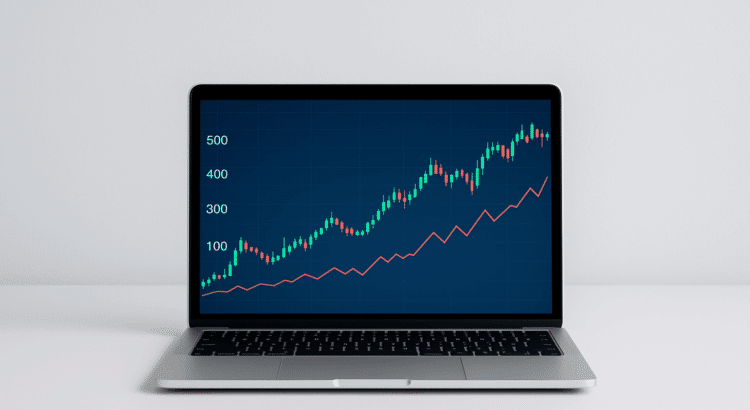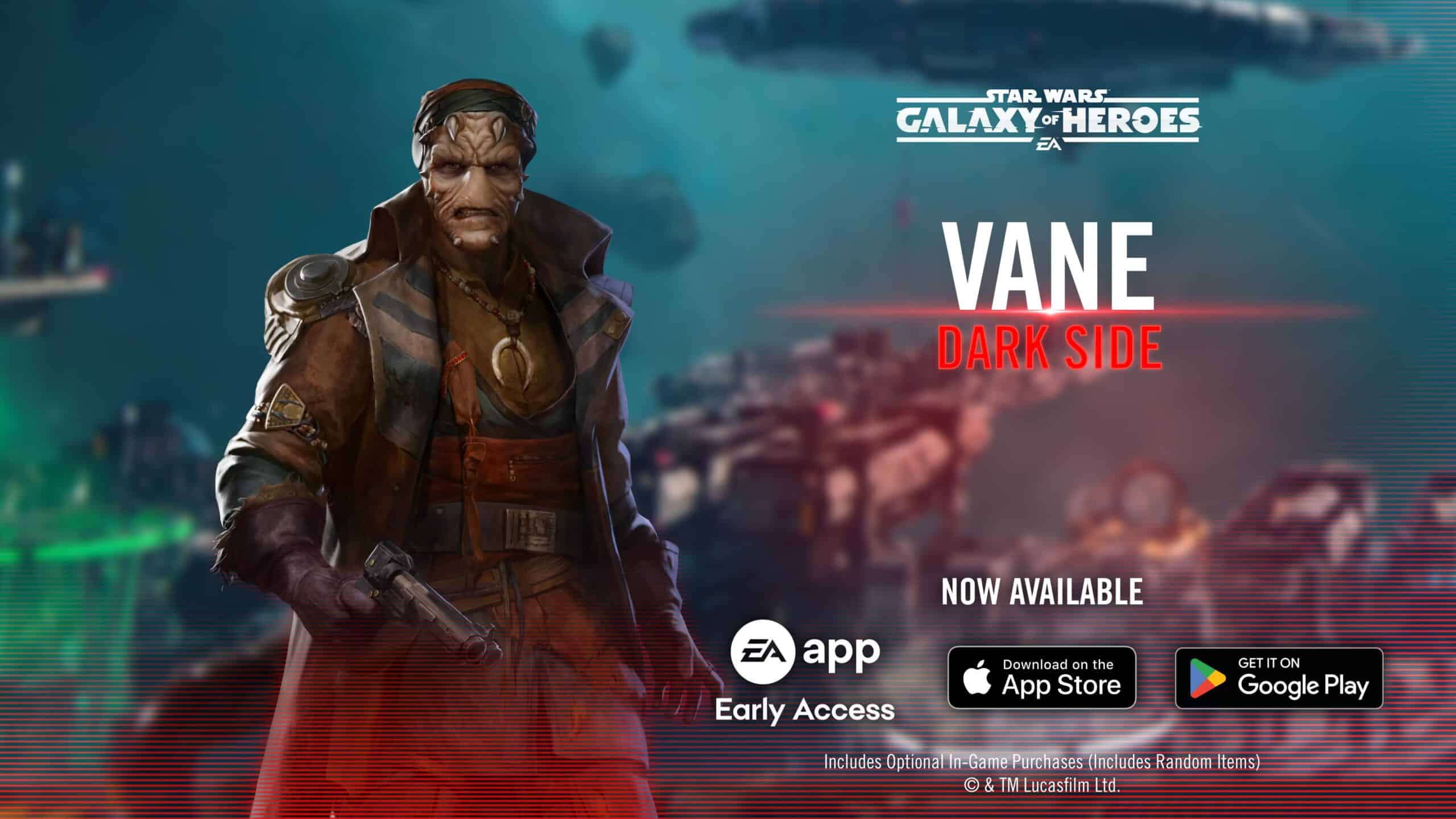Virtual economies and online casinos share intriguing similarities that can enrich your understanding of both. Navigating the complex systems in games like SWTOR offers insights into real-world betting environments. By exploring these parallels, you gain a deeper appreciation for financial dynamics in digital spaces.
The rise of intricate virtual economies within games such as SWTOR has introduced players to sophisticated financial systems. These systems mimic real-world economic mechanics, offering players a chance to engage with currency management, trading, and strategic decision-making. Similarly, brand new online casinos have emerged as digital platforms where monetary transactions and strategic betting decisions are pivotal. Understanding these parallels not only enhances your gaming experience but also provides valuable lessons applicable to real-world financial decision-making.
Currency systems in digital and real worlds
The in-game currency systems of virtual worlds like SWTOR are meticulously designed to reflect aspects of real-world economies. The Galactic Trade Network serves as a hub for players to buy and sell items using in-game currency, simulating supply and demand dynamics found in actual markets. This digital economy allows you to experience currency fluctuations firsthand, a concept also seen in online wagering environments.
In new online casinos, monetary systems replicate similar dynamics through virtual chips or credits used for betting. These digital representations of money facilitate transactions within the casino environment, much like SWTOR’s credit system. As you navigate these platforms, you encounter the same economic principles governing exchange rates and market trends, bridging the gap between gaming entertainment and real-world financial strategies.
Moreover, both in-game economies and online casinos necessitate a keen understanding of market trends and player behavior. Players must adapt their strategies based on evolving circumstances, mirroring the decision-making process in financial markets. This requirement for adaptability cultivates skills that are valuable in both gaming scenarios and real-life financial planning.
The psychological impact of virtual currency management closely mirrors real-world financial behavior patterns. Players often exhibit similar emotional responses to gains and losses in virtual economies as they do with actual money. This phenomenon, known as virtual currency attachment, demonstrates how digital economies can shape financial decision-making habits. Understanding these psychological parallels helps players develop more disciplined approaches to resource management, whether in gaming environments or real-world financial scenarios.
Trading and transactions in virtual environments
Trading within virtual economies offers a glimpse into the intricacies of market transactions. In SWTOR, players actively engage in buying, selling, and bartering goods on platforms like the Galactic Trade Network. This mirrors practices found in online wagering environments where transactions are crucial for managing resources effectively.
The differences between these two domains lie primarily in their objectives. While SWTOR trading is often driven by the pursuit of better gear or resources for gameplay enhancement, online casino transactions focus on maximizing returns from bets placed with virtual credits or real money. Despite these divergent goals, both arenas require you to make informed decisions based on available data and market conditions.
Understanding these transactional processes is essential for success in both environments. By honing your ability to assess value and negotiate trades effectively within a game, you develop skills transferrable to managing bets and stakes in an online casino setting. This connection underscores the educational potential inherent in virtual economies as preparatory grounds for real-world financial interactions.
The evolution of virtual trading systems has introduced sophisticated market analysis tools that parallel real-world trading platforms. Players now have access to historical price data, market trends, and demand forecasting capabilities within game environments. These analytical features enhance decision-making processes and provide valuable experience in market analysis. Such tools help bridge the gap between virtual and real-world trading experiences, offering practical training grounds for developing market intuition and trading expertise.
Risk and reward dynamics
The interplay of risk and reward is a central theme across both virtual economies and online wagering landscapes. In games like SWTOR, players constantly evaluate risks associated with investments or trades that could lead to substantial gains or losses. This dynamic is mirrored in online casinos where each bet involves weighing potential rewards against the probability of loss.
Strategic decision-making is paramount in both settings as you navigate complex choices under uncertainty. Whether deciding on a high-stakes bet in an online casino or investing heavily in an SWTOR marketplace item, assessing risk accurately can significantly impact outcomes. The ability to balance risk with potential reward is a critical skill honed through repeated exposure to these scenarios.
This emphasis on calculated risk-taking prepares you for broader financial decisions beyond gaming contexts. By engaging with these environments thoughtfully, players can cultivate an intuitive grasp of probability management—an asset valuable not only within games but also when confronting real-life investment opportunities.










